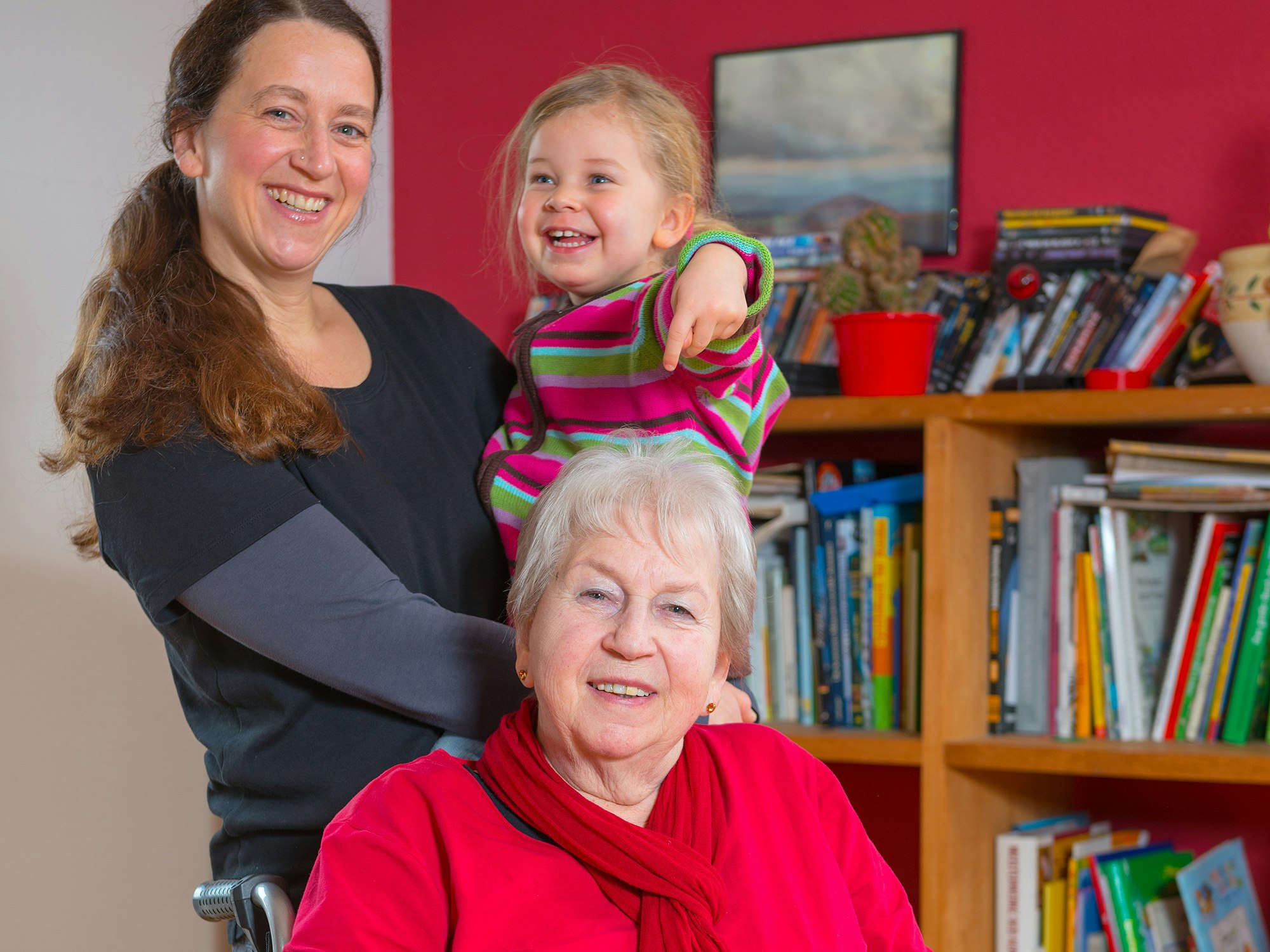Concern for carers over ‘sandwich caring’

A number of Australians are finding themselves part of a growing trend called ‘sandwich caring’ as they balance caring for a child with disability and an elderly parent.
Most common among middle aged Australians with young children and elderly parents, concerns are being held by carer advocacy and support groups over the impact dual caring on different generational levels is having.
Carers South Australia (SA) Chief Executive Officer David Militz says the organisation is increasingly hearing about carers and those they care for being impacted by sandwich caring.
“Often we are finding more and more people are caring for two different generations, as what we call sandwich carers,” Mr Militz says.
“This means that there are carers, for example, caring for an elderly parent and a child with disability all at once.
“We often see sandwich carers being the middle aged families with young children and elderly parents and those that we talk to say it is very complicated and everything is intensified.”
Mr Militz adds that the health and wellbeing of these carers are significantly impacted.
“We already know that carers have lowered health and wellbeing, but for those impacted by sandwich caring in particular, this just multiplies the levels of stress and further negatively impacts the wellbeing of the carer,” he says.
“When we speak to carers that are in the middle of the sandwich, life is very complicated – everything intensifies.
“These carers are caring for people in two completely different age groups and that becomes doubly stressful.
“There are a lot of different government systems and support systems for both these people.
“This complicates the caring role a huge amount.”
On top of the health and wellbeing impacts, a recent Carers SA survey of 1,700 carers reports that financial impacts are also a huge concern.
The results show that 45 percent of surveyed carers are on a household income of less than $40,000 with 30 percent of respondents saying they are more financially worse off than last year – something that Mr Militz says comes as ‘no surprise’ with the increases to cost of living.
“What we continue to see is that carers are the ones whose health and wellbeing takes the hit, not those they care for,” Mr Militz explains.
“Yes, carers can only stretch themselves so far but they will run themselves ragged making sure everyone else is looked after.”
For those living as sandwich carers, Mr Militz says family support and being aware of available services is key.
“For those who are fortunate to have family, this can ease the burden,” Mr Militz says.
“The other parent of the child needing care can take over that role, while care is being provided to the elderly parent by the other person.
“It is also key that carers find what services are available in their region.
“It is vital they find out what is out there – they may never use it but it is important that they understand what is there is it is ever needed.
“Sandwich caring definitely has a great impact on the carer no matter what the role and it is important we provide the services to allow carers to live life.”
Access to state-specific carer support information is available by calling Carers Australia on 1800 242 636 or online.